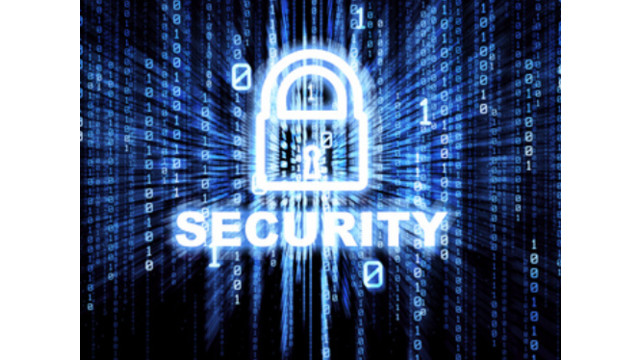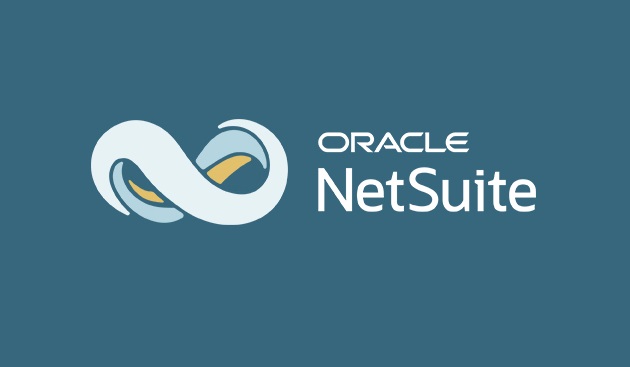Businesses of all sizes are adopting the cloud as a way to optimize productivity, increase efficiency, and improve data security.
According to Forbes, via cloud stats from LogicMonitor’s Cloud Vision 2020: The Future of the Cloud Study report, “83% of enterprise workloads will be in the Cloud in 2020.” A new report from Emergent Research and IntuitⓇ projects that 80% of small businesses will be fully adopted to the cloud by 2020. (Source: Firm of the Future)
Cloud computing is rapidly becoming the rule rather than the exception. However, IT executives and companies of all sizes continue to cite concerns about cloud security as a major obstacle to adoption. In fact, according to Forbes and the LogicMonitor report, 66% of IT professionals state security is their greatest concern with adopting a cloud strategy.
So what gives?
The cloud has quickly been demystified and become standard practice, yet security concerns still linger and are an impediment to broader adoption of cloud hosting and services. With the sheer number and complexity of data security threats out there, IT professionals have every right to be concerned about cybersecurity. However, mistaking the cloud as less secure than traditional security methods is more a product of fear of the unknown than reason.
To help debunk cloud security concerns, we’ve compared cloud security and traditional security across three key categories.
Cloud-empowered Automation Versus Traditional IT Person or Team
With the cloud and an experienced cloud hosting partner, your CPA firm no longer has to rely solely on its IT team or repeated investments in the latest hardware upgrades. What’s more, your IT person or team is freed from manual network maintenance and updates.
Automated processes like email and network scanning performed by AI and software updates improve data security because they reduce risk associated with human error, outdated equipment, and missed maintenance deadlines.
Let’s be clear: neither the cloud nor onsite networks are 100% safe from data breaches. Let’s also be clear: cloud-enabled security will more reliably plug security gaps via automation than your IT lead or team, regardless of their experience level. Security threats evolve too fast to rely on manual security practices. The cloud and an expert cloud service provider can improve your security, sustain a high level of protection, and lessen the burden on your IT person or team.
Adopting the cloud and partnering with a cloud hosting provider presents the best of all worlds. Your CPA firm gets automated, AI-driven security defenses, a highly skilled partner that can monitor your network 24/7/365, and an IT lead or team freed to focus on innovation and bigger picture strategies.
Cloud-enabled Artificial Intelligence (AI) Versus Traditional Antivirus Software
Antivirus tools are always lagging behind the pace of existing malware threats. File-based threats emerge and are catalogued by antivirus software as signatures.
As signatures are identified, files with matching signatures get quarantined. The problem is that there is a lag between the signature and the ever-changing and advancing methods of malware and hackers.
Cloud-enabled AI can detect threats without the lag as it doesn’t depend on signature updates; AI will look at anomalies and unusual program behaviors as they happen, so there is no gap for malware or hackers to exploit between signature detection and distribution.
If a CPA firm is relying on human monitoring and legacy antivirus software, it is simply much more vulnerable to attack.
Cloud Data Storage and Backups Versus On-Premises
Traditional data storage includes backups and redundancy housed physically onsite or across multiple sites. This style of data protection is both manual and expensive; your IT person or team will need to keep a strict backup schedule, purchasing additional hardware to store backups in order to mitigate the risks of network failure, theft, fires, and other natural disasters.
There is an argument to be made that on-premises data storage and backups provide more control to an organization; you can see and touch your data. You know where it is, and you know who can access it.
However, this on-premises approach, while seemingly more secure, is not necessarily so because it relies too heavily on proximity and human responsibility. Manual backups are time-consuming and increasing storage can be expensive. Many CPA firms don’t have multiple physical sites that can create redundancy, and physical proximity also means vulnerability to vandalism, fire, and natural disasters.
Cloud-empowered data storage is automated; you don’t need to rely on your IT person or team to back up your data. Data is not stored onsite. It is therefore far less vulnerable to physical harm since it is stored in the cloud. And reputable cloud service providers have geographically dispersed, high-tech, highly secure data centers to ensure that if your data is compromised in one place, it is secure in another.
For CPA firms thinking about adopting the cloud, the critical question is this: are you willing to give up some control for greater data security?
Having on-premises data storage and redundancy gives you an illusory sense of data control because of its physical proximity. Again, it’s all right there. On the other hand, cloud data storage and redundancy necessitates shared control—you now must cede a good amount of data control to your cloud partner.
Neither cloud security nor traditional, on-premises data security methods is impervious to a breach. We would argue that today’s cyber threat environment moves so fast and is so sophisticated, persistent, and pervasive (it’s not just the big CPA firms that are targets) that the automated, AI, and machine learning empowered by the cloud is really the only reasonable defense available.
The cyber threat matrix is only going to get more complex and aggressive. It only takes one breach to damage the brand you’ve worked so hard to build.
By merging your existing IT resources with a cloud solution and an experienced, trusted cloud services provider, your CPA firm will be in the best possible position to not only enhance security, but to also maximize productivity and client confidence down the road.
======
Christopher Stark is the President and CEO of Cetrom, an industry-leading provider of custom cloud hosting solutions for CPA Firms. With more than 25 years of experience in all facets of the IT industry, and holding some of the industry’s most prestigious technical certifications, Stark keeps his finger on the pulse of the IT industry and eyes toward the future.
Thanks for reading CPA Practice Advisor!
Subscribe Already registered? Log In
Need more information? Read the FAQs
Tags: Artificial Intelligence, Hardware





